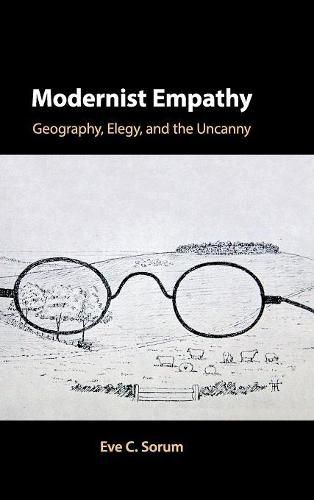Readings Newsletter
Become a Readings Member to make your shopping experience even easier.
Sign in or sign up for free!
You’re not far away from qualifying for FREE standard shipping within Australia
You’ve qualified for FREE standard shipping within Australia
The cart is loading…






This book shows how reading modernist literature gives us a fresh and necessary insight into both the tensions within the empathetic imagination and the idea of empathy itself. Writers such as Thomas Hardy, Ford Madox Ford, Mary Borden, T. S. Eliot, and Virginia Woolf encourage us to enter other perspectives even as they question the boundaries between self and other and, hence, the very possibility of empathy. Eve Sorum maintains that we must think through this complex literary heritage, focusing on the geographic and elegiac modes of the empathetic imagination, and revealing empathy as more fraught, threatening, and even uncanny than it first appears. Modernist Empathy thereby forges a theory of literary empathy as an act not of orientation, but of disorientation, thereby enriching our contemporary understanding of both modernist literature and the concept of literary empathy.
$9.00 standard shipping within Australia
FREE standard shipping within Australia for orders over $100.00
Express & International shipping calculated at checkout
This book shows how reading modernist literature gives us a fresh and necessary insight into both the tensions within the empathetic imagination and the idea of empathy itself. Writers such as Thomas Hardy, Ford Madox Ford, Mary Borden, T. S. Eliot, and Virginia Woolf encourage us to enter other perspectives even as they question the boundaries between self and other and, hence, the very possibility of empathy. Eve Sorum maintains that we must think through this complex literary heritage, focusing on the geographic and elegiac modes of the empathetic imagination, and revealing empathy as more fraught, threatening, and even uncanny than it first appears. Modernist Empathy thereby forges a theory of literary empathy as an act not of orientation, but of disorientation, thereby enriching our contemporary understanding of both modernist literature and the concept of literary empathy.